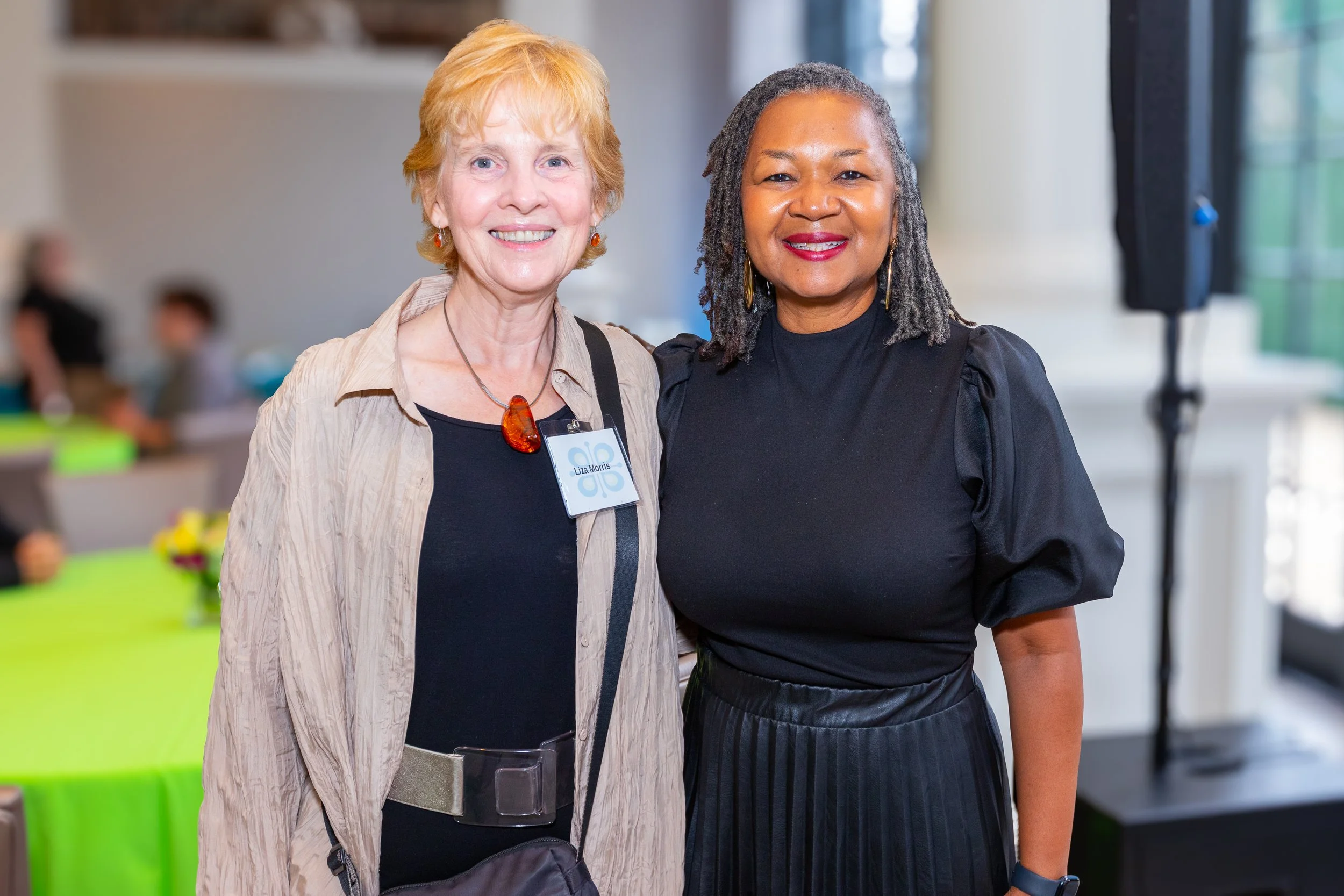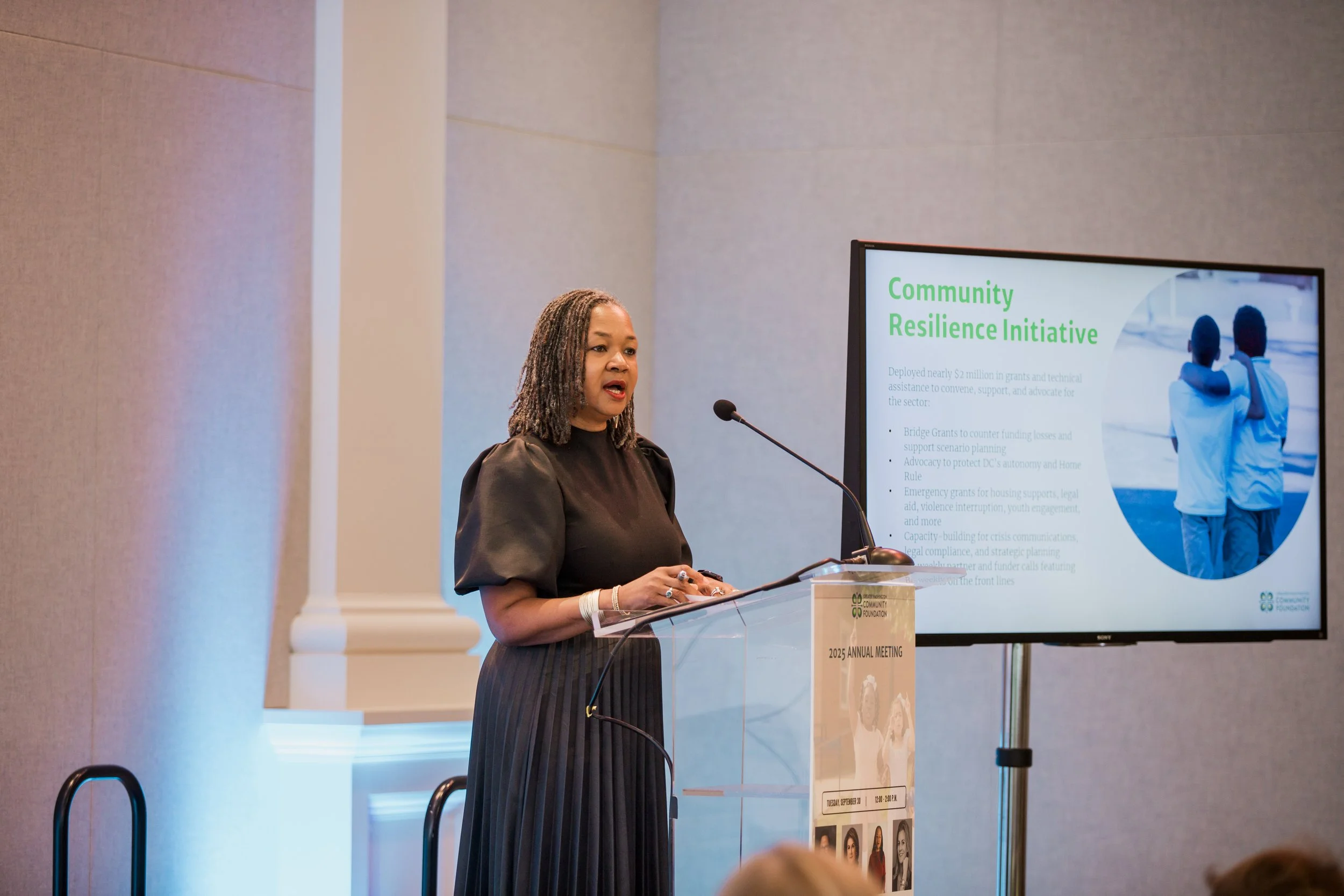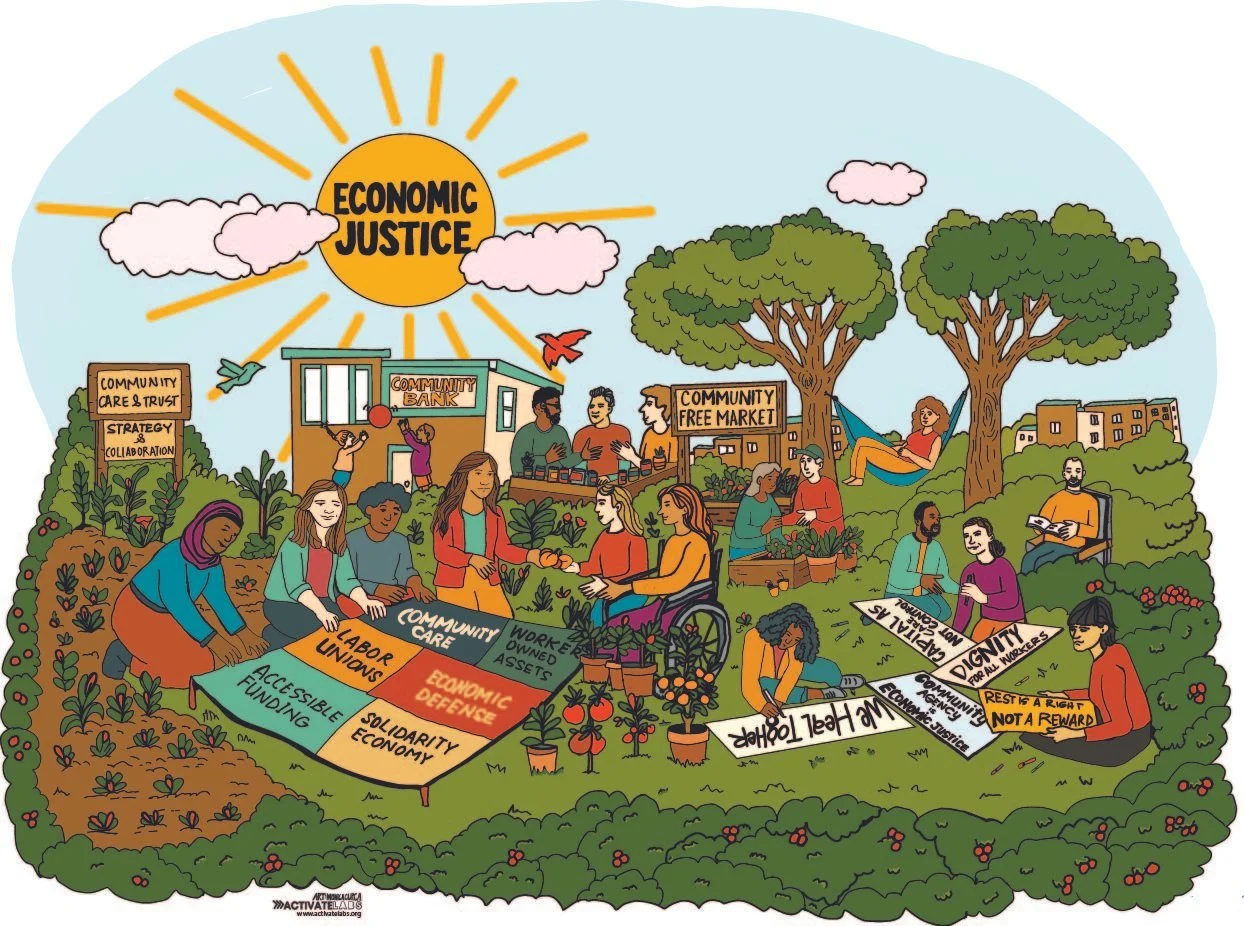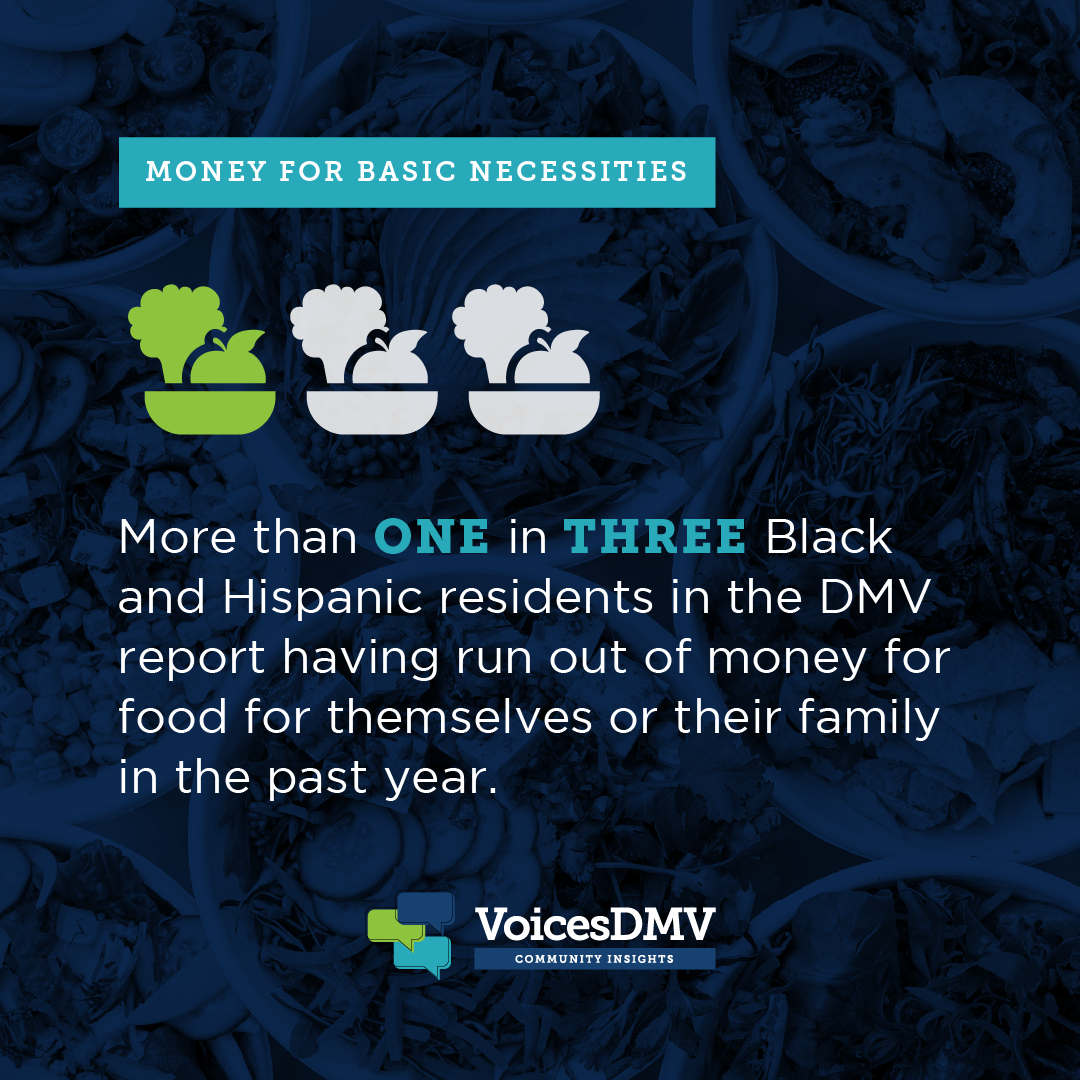Category
- Arts
- Board
- Brilliant Futures
- Children's Opportunity
- Children's Savings Pilot
- Children's Trust Accounts
- Community Leadership
- Community Resilience
- Community Safety
- Corporate Philanthropy
- Covid-19
- DC
- DMV Community Book Group
- Donor Profile
- Economic Mobility
- Ending Homelessness
- Giving
- Guaranteed Income
- Health Equity
- Impact Stories
- Leaders of the Future
- Learn24 OST
- Legacy
- Maternal Health
- Montgomery County
- Next Generation
- Nonprofit Endowment
- Nonprofits
- Northern Virginia
- Partnerships
- Philanthropy Tips
- Prince George's County
- Professional Advisors
- Reimagine
- Scholarships
- Sharing Community Fund
- VoicesDMV
- Workforce Development







